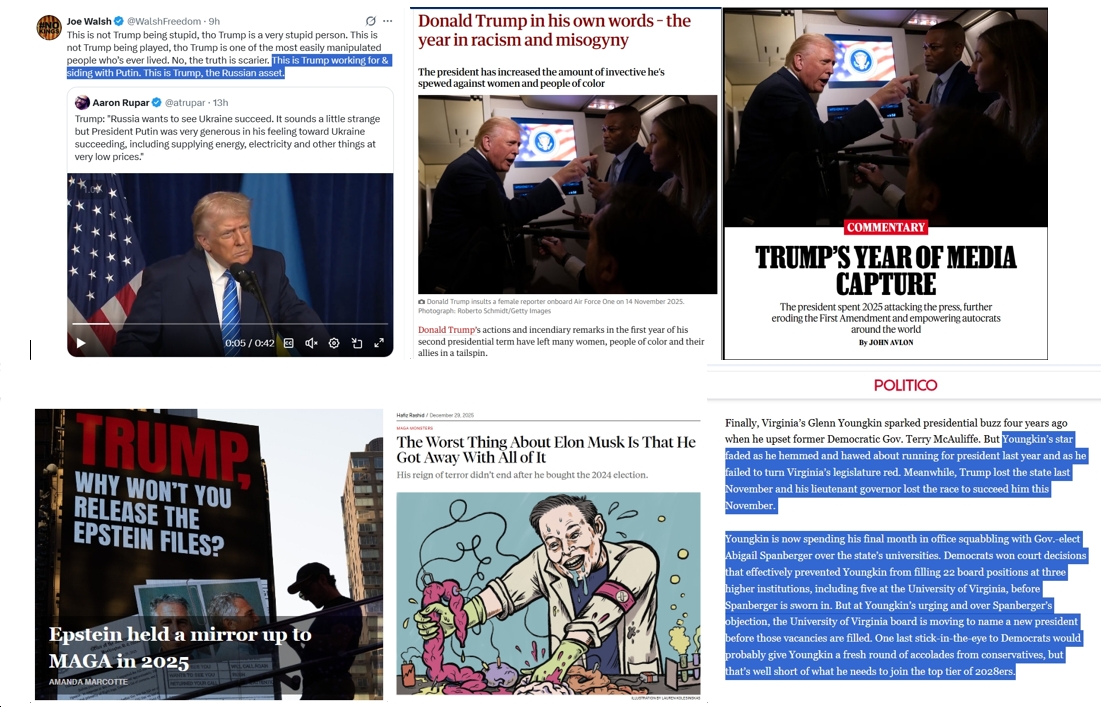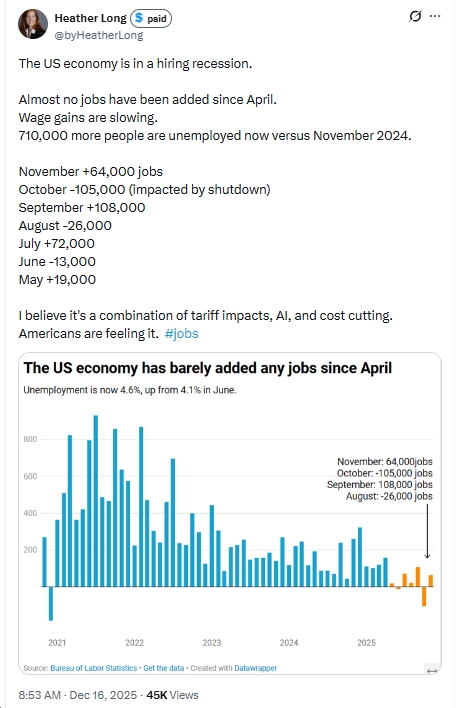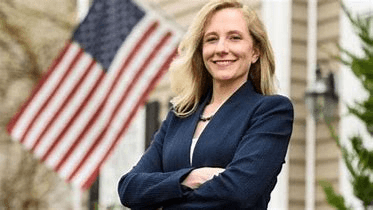by VA State Senator Adam Ebbin (D-Alexandria/Arlington/Fairfax)
At the halfway point of session, I wanted to send you a special report from Richmond on the status of our new Executive Branch.
With Virginia governors Constitutionally limited to a single consecutive four-year-term, there is no time to waste if an administration is to be successful.
Governor Glenn Youngkin is about a month in office, but has been running into some major stumbling blocks in his “Day One Game Plan.” While much of Youngkin’s agenda might not seem nefarious at first, my colleagues and I have been digging into the impact of his proposals, and beneath their veneer we find policies that would provide no alternative but defunding core services, siphon away public school funding to charter schools, and reduce access to the ballot box. Behind the vest and family man persona, the Governor has shown a surprising mean streak — refusing to apologize after his campaign recently attacked a high school student on social media, and issuing illegal and controversial executive orders now held up in court challenges.
Legislation from the Governor’s office includes bills freezing a scheduled minimum wage increase and repealing local authority to allow employees to collectively bargain. Fortunately, these anti-worker policies were blocked by Senate Democrats. As Chair of the Senate Privileges and Elections Committee, I have seen a slew of bills bolstered by the Governor’s campaign trail promise to restore “election integrity,” including ending same day voter registration before it even begins and reinstating overly restrictive voter ID laws, which committee Democrats summarily turned away.
Fiscally, it is clear that Governor Youngkin is new to the world of governance. Despite Virginia being constitutionally mandated to have a balanced budget, the Governor has introduced plans amassing a stunning $3.5 billion in tax cuts and new spending without offering any solutions to pay for them. The General Assembly and former Governor Ralph Northam built an economy that created the $2.6 billion surplus needed to make major investments in education and mental healthcare and to reform failing agencies, like the Virginia Employment Commission. But Youngkin’s proposals would make these necessary investments impossible. In the Senate Finance and Appropriations Committee, we rejected legislation requiring localities to hold a referendum before making increases to their real property tax rates. Other states, like California, tried to do the same. The result was a fiscal calamity. We also tabled efforts to double the standard deduction on income taxes, recommending a study before we revisit it next year.
The taxpayers of Virginia entrust us to produce a well-balanced budget, and while Governor Youngkin has some laudable goals to repeal and rebate some taxes, his lack of a plan to offset the revenue gap he’s creating should be alarming to every Virginian. The Senate is working to reshape some of those proposals into realistic policies, including a prudent, graduated approach to shielding veteran retirement income from taxation. The Governor has proposed eliminating the tax on groceries, including the 1% local grocery tax, without providing localities any way to make up the funds that would otherwise be used for education and local infrastructure. A bipartisan majority of the Senate finance committee opted to eliminate the 1.5% state grocery tax, while leaving localities intact for now.
Governor Youngkin’s pick for Virginia Secretary of Natural Resources, Andrew Wheeler, was recently rejected by the Senate. Wheeler, a former coal lobbyist and EPA Administrator under President Trump, faced more opposition than any Cabinet nominee in Virginia history, with more than 500 of my constituents writing to oppose his nomination. Further, another 150 former Republican and Democratic EPA employees publicly stated that, “Mr. Wheeler pursued an extremist approach, methodically weakening EPA’s ability to protect public health and the environment, instead favoring polluters.” Frustrated by this failure, Governor Youngkin lashed out at a group of civil servants, directing the House majority to block 1,010 appointments to Boards and Commissions crucial to the operation of government. Fortunately, his politics-first, Virginia-last approach failed, with the Republican House majority ultimately only refusing to confirm 11 appointments made by former Governor Ralph Northam.
Despite these stumbling blocks, I hope we will be able to work with the Youngkin administration over the coming months to build a stronger Virginia. Our constituents cannot afford a rookie slump.





![Monday News: “Tillis Savages ‘Misinformed’ Trump for ‘Betraying’ Voters”; “Trump’s [Budget] Bill Will Destroy America’s Climate Progress” – and MUCH More!; “What the University of Virginia Should Have Done”; Map of Walkinshaw’s Dominant Victory in VA11](https://bluevirginia.us/wp-content/uploads/2025/06/montage0630.jpg)












